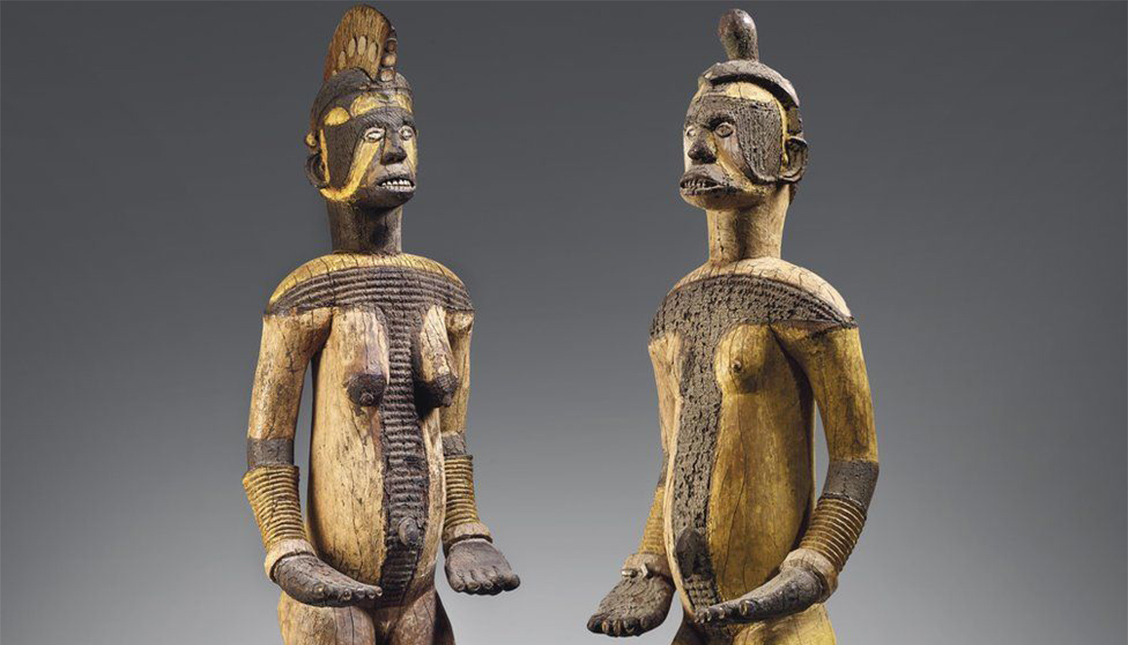
Black Lives Matter confronts Christie's over the sale of two sacred statues
The protestors support the Nigerian museum commission that denounced the auction of the effigies allegedly resulting from the looting.
Neither the union of Nigerian museums nor the righteousness of the Black Lives Matter movement has been able to stop the art market, which for years has been sustained by the plundering of countries with ancient cultures, but have also been subjected to wars and famines.
Although Nigeria has been one of the great African powers since the 1950s, following its independence in 1960, it experienced one of the most atrocious wars of the 20th century, of which little is known in our comfortable Western burrows. It became known as the Biafra War, and broke out in 1967 when the generals of the Igbo ethnic group, one of the largest ethnic groups in Nigeria, proclaimed the secession of the country's southeastern region. Famine struck between one and two million people without an official death count.
Now activists and Nigerian museum curators are accusing Christie's auction house of selling two sacred Igbo statuettes illegally taken from Nigeria during the civil war in Paris. Their sale price, around $239,000, could support many Igbo families living through the aftermath of the terrible feud.
It all started when a Princeton scholar, Chika Okeke-Agulu, along with Nigeria's National Commission of Museums and Monuments, sounded the alarm earlier this month about the looting of the objects during the Biafra war, the AP reported.
Okeke-Agulu, an ethnic Igbo, said the objects were taken by "an act of violence" and should not be sold. An online petition with #BlackArtsMatter and #MyHeritageMatters has collected more than 3,000 signatures demanding that the auction be stopped.
RELATED CONTENT
However, Christie's defended the sale by claiming that the artworks were legally acquired.
"These objects were publicly displayed and previously sold in the last few decades before Christie's involvement," the auction house told AP. They also added that they recognized the "nuances and complex debates surrounding cultural property," but considered such sales to be an obstacle to the flourishing of black markets.
Babatunde E. Adebiyi, legal advisor to Nigeria's National Commission for Museums and Monuments, was surprised when Christie's decided to continue the auction despite the commission's requests to suspend it until the origin of the statuettes was fully investigated on June 17.
"It represents a major setback in our effort to get our antiquities from abroad," Adebiyi said.
This controversy over the sale of tribal objects linked to Africa's colonial past is not new, nor is the fact that auction houses always manage to take the cat out of the bag.
In 2013, some 70 Hopi items, including tribal masks, were auctioned in Paris despite protests from representatives of the Amerindian tribe who considered these artifacts sacred. On this occasion, as in many others, the justice system allowed the auction to take place despite the request of NGOs such as Survival International, which defended the right of this people from northern Arizona to have the legality of the collection investigated and with the support of well-known celebrities such as actor Robert Redford.
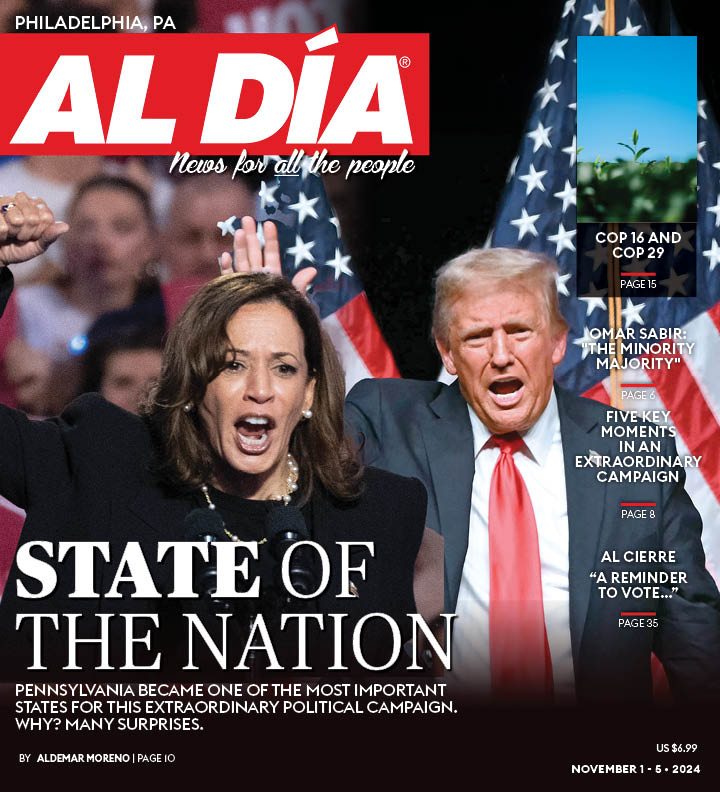





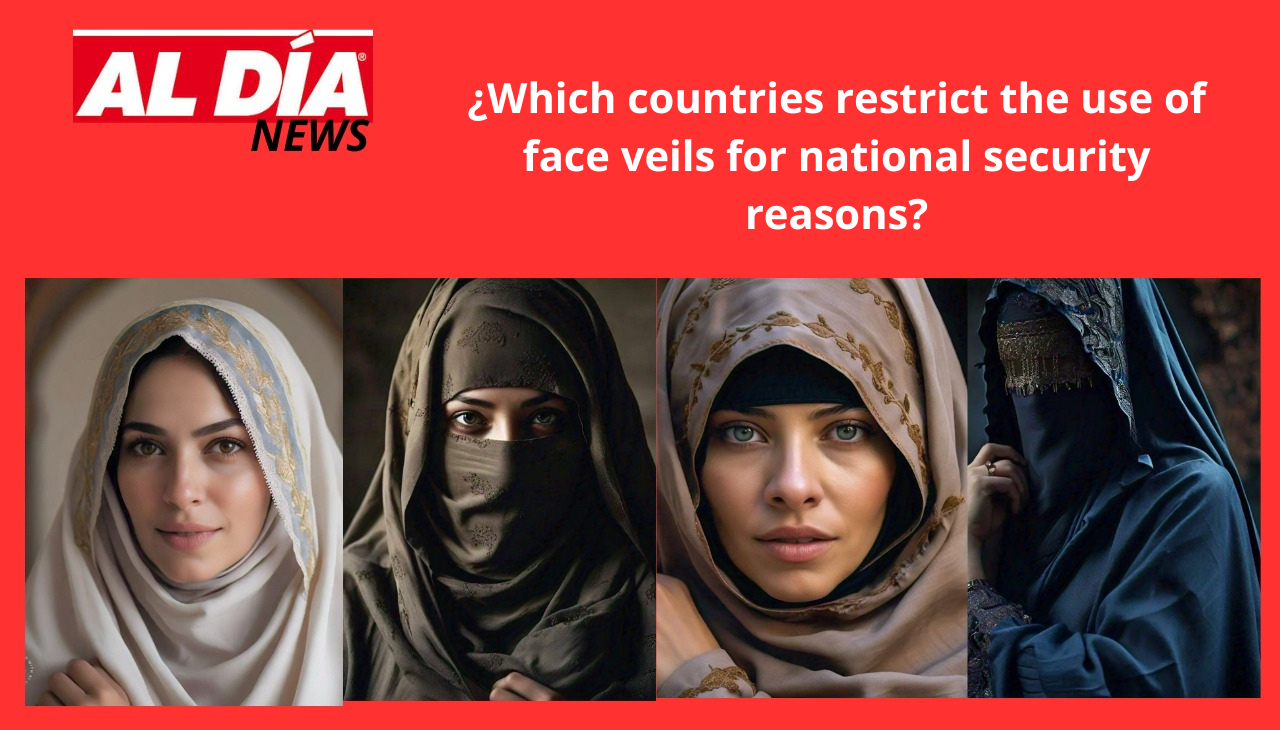
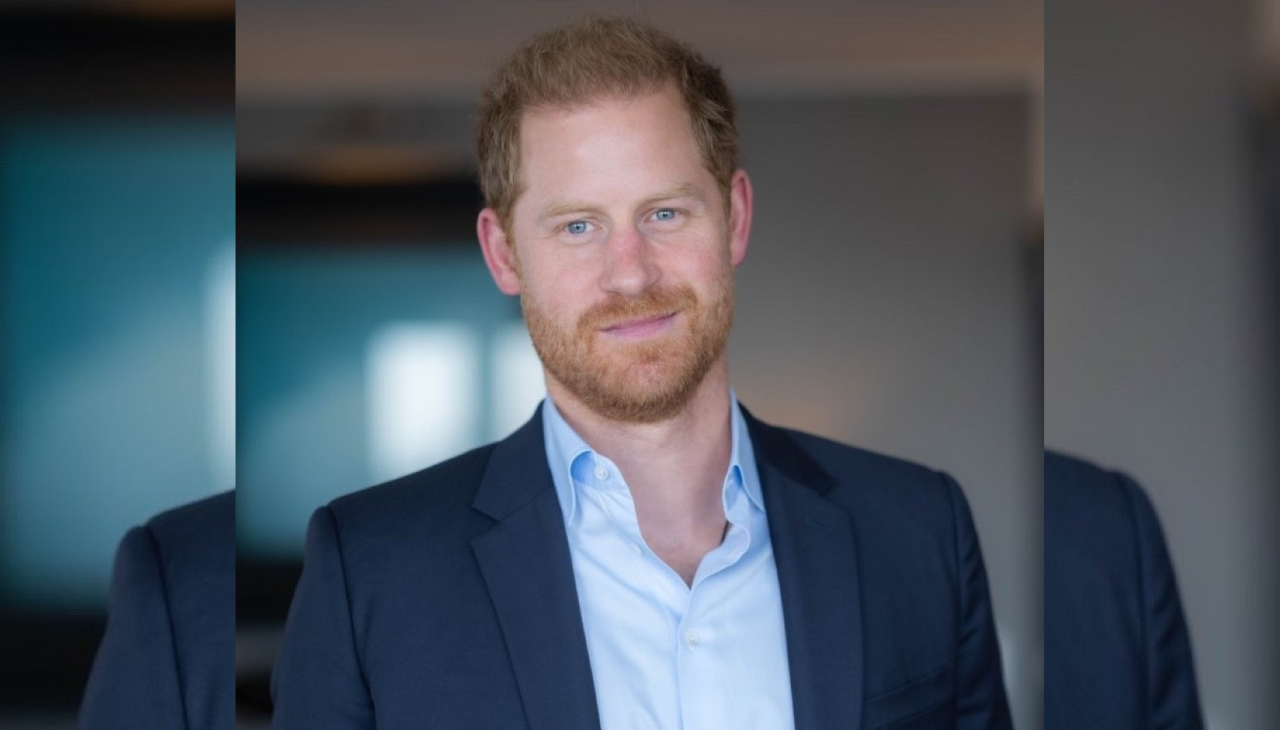
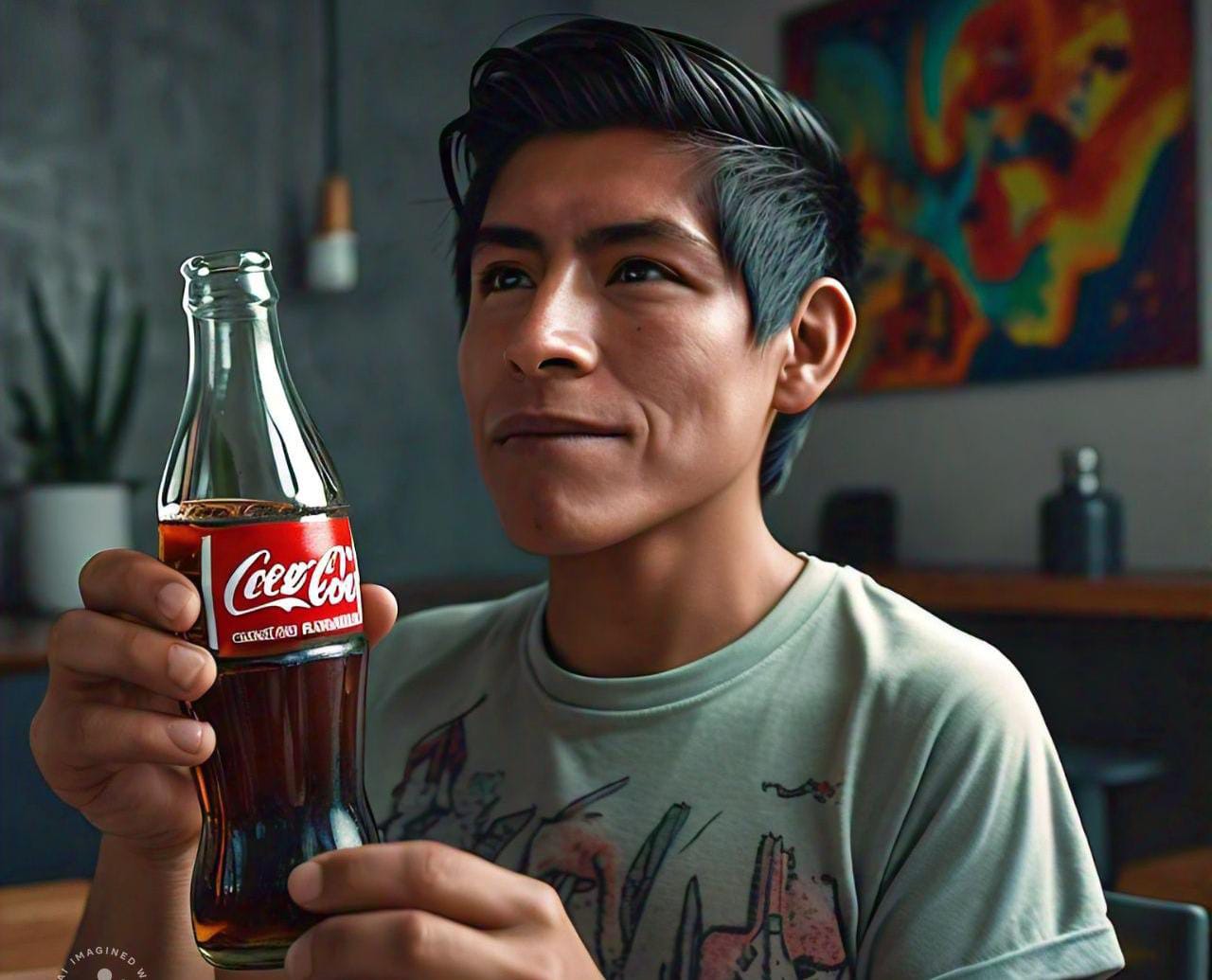
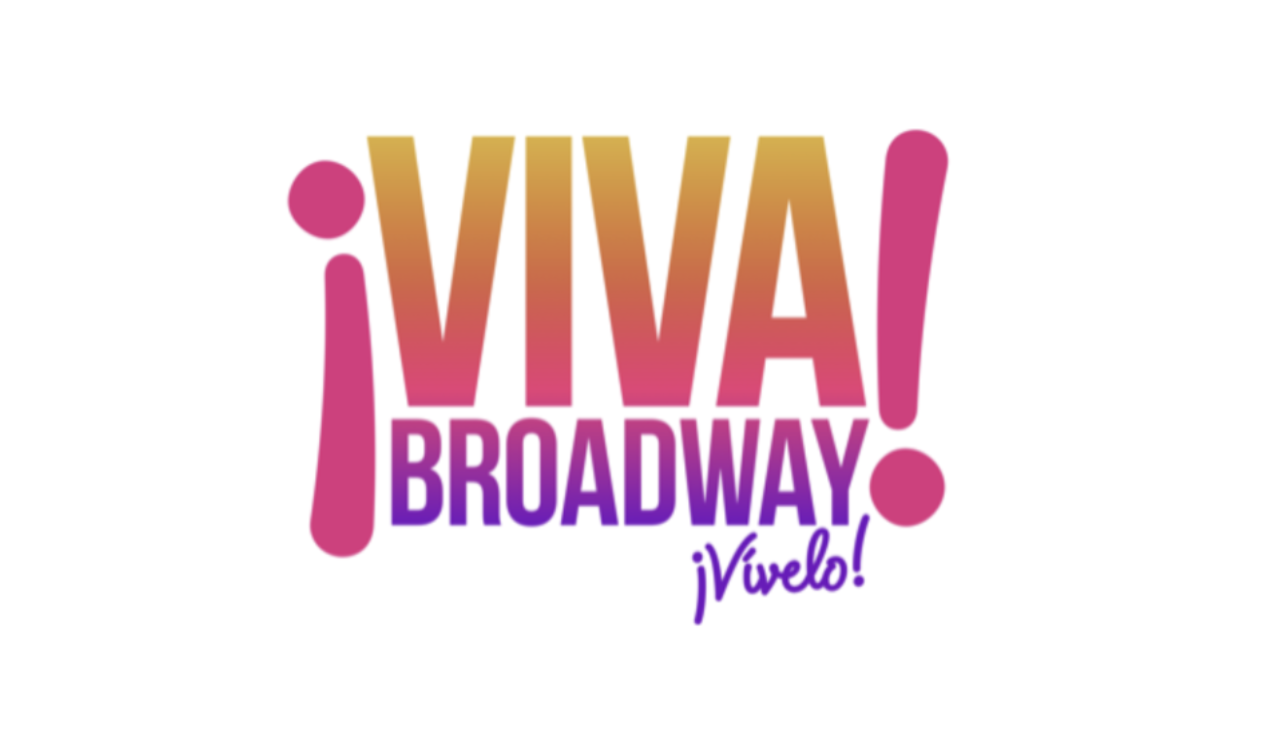

LEAVE A COMMENT:
Join the discussion! Leave a comment.